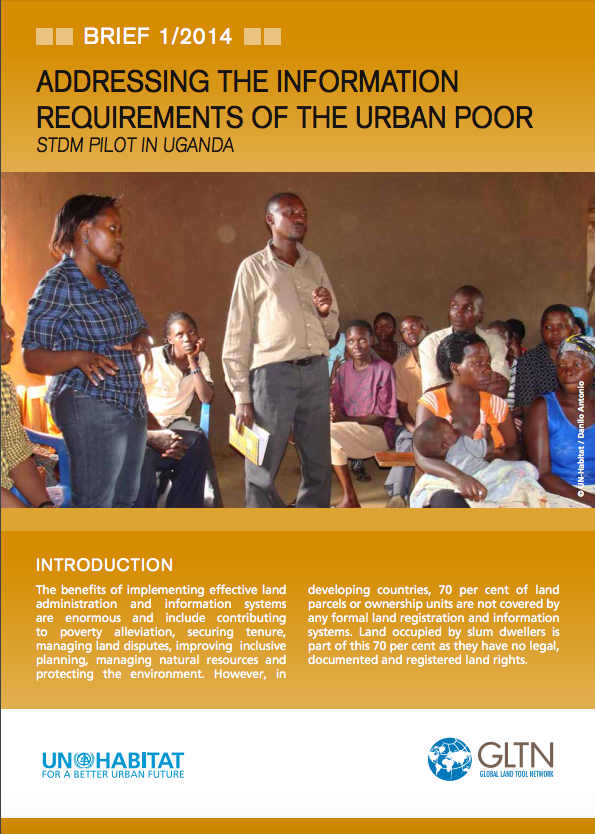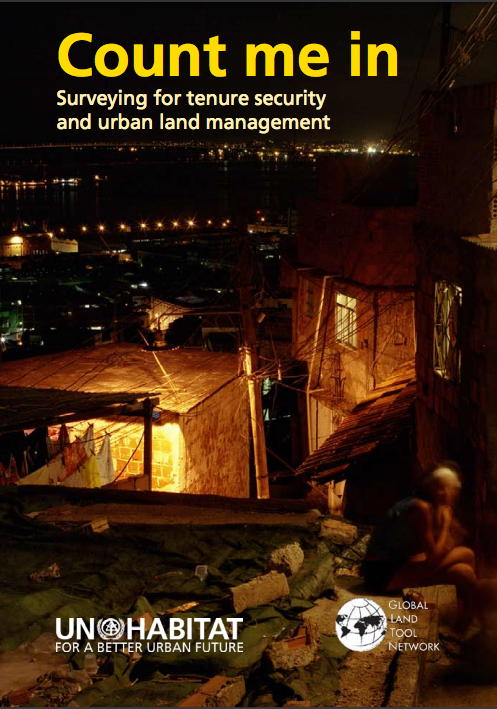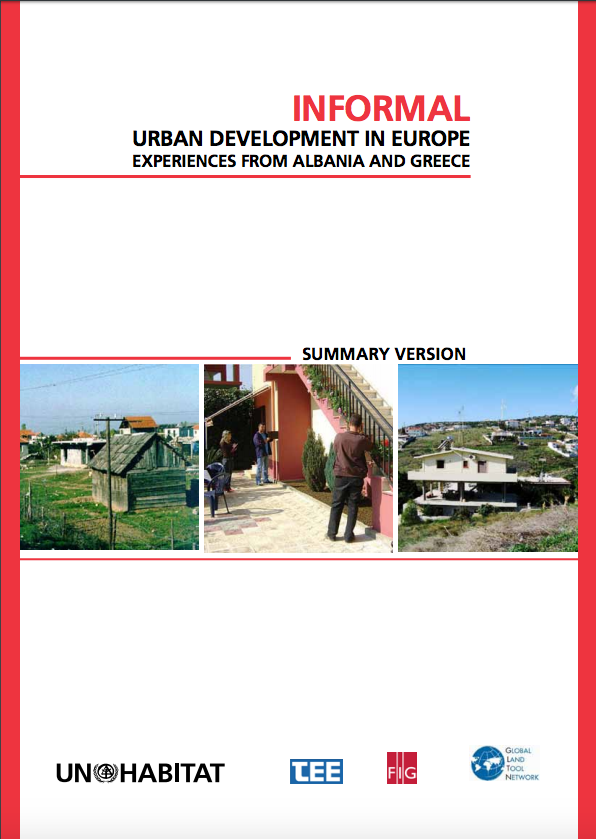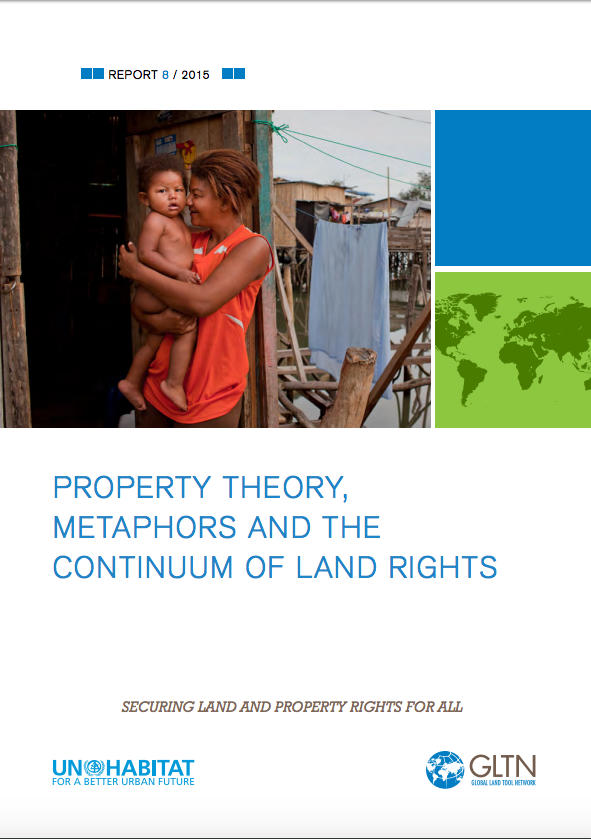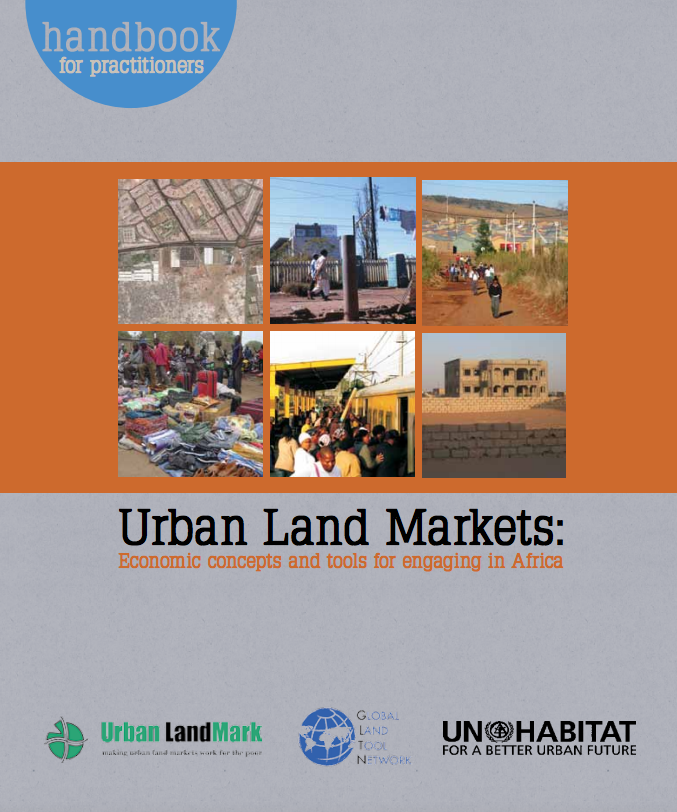Addressing the Information Requirements of the Urban Poor - STDM Pilot in Uganda
The Social Tenure Domain Model offers practical solutions and opportunities for land professionals, researchers, grassroots organisations and government authorities. These opportunities include the empowerment of the grassroots communities to develop and manage their own information systems (and their own data), with all the benefits of the advanced technologies can offer, with less investment in resources and with less reliance on highly paid experts. Land professionals can also make their services available to all and offer people-centred and affordable solutions.

